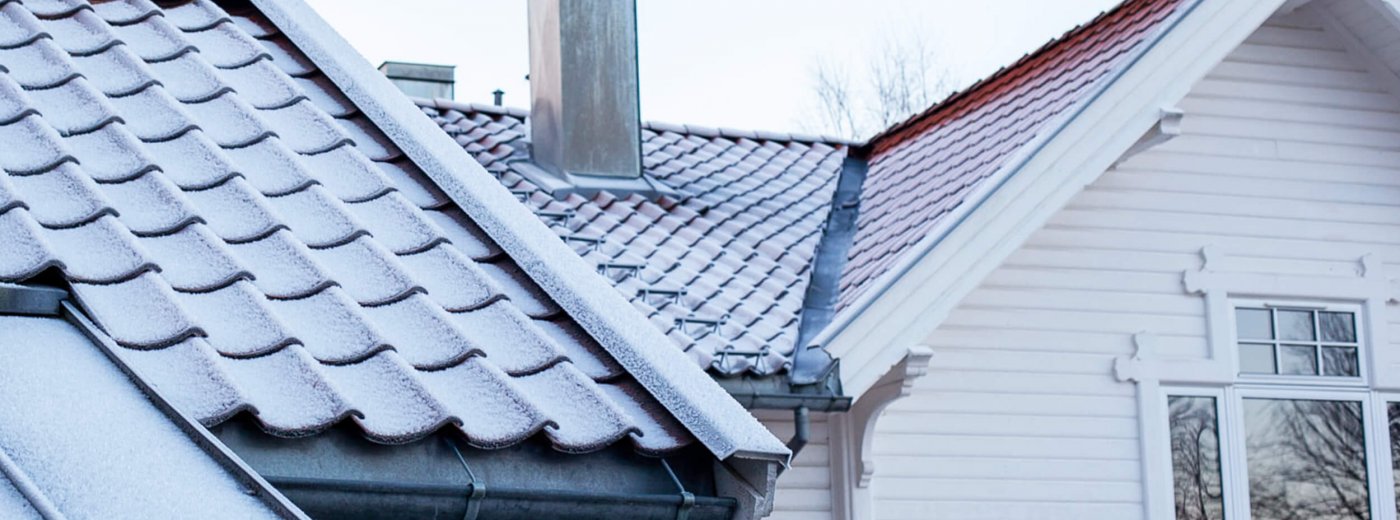How can we overcome the problem of airborne dust?
We know that the solution to the problem of airborne dust lies in replacing old, non-clean burn stoves and fireplaces with their modern equivalents, and fire correctly. But how do we get there?
We know that the solution to the problem of airborne dust lies in replacing old, non-clean burn stoves and fireplaces with their modern equivalents, and fire correctly. But how do we get there?
One solution could be to look at Bergen: After all the air quality meters in the City of the Seven Mountains began to repeatedly show red, indicating a “major health risk” associated with being outdoors, the city implemented a raft of measures with excellent results. Thanks to scrappage grants of NOK 5,000 for older stoves and fireplaces, many Bergen residents switched to clean burn wood-firing. From the start of the year (2020), the municipality also introduced a ban on the use of non-clean burn stoves and fireplaces. “If you have a stove or fireplace of this type, you are not allowed to use it. It must be replaced, sealed up or otherwise secured to prevent its use”, stated the municipality on its website. And what is more: “Both environmental organizations and the stove and fireplace industry collectively want to see a ban on old stoves and consumers buying new ones”.
In practice, this means that there is a ban on the use of many obsolete, non-clean burn stoves and fireplaces in the municipality. The aim behind the ban is to reduce emissions of airborne dust which can lead to dangerously poor air quality during the winter.
The results of the measures implemented by Bergen are surprisingly good. In a recent study by the European Environment Agency (EEA), Bergen was ranked fifth out of the 320 European towns and cities investigated as regards air quality. The cleanest air of all can be found in Umeå in Sweden and Tampere in Finland, whilst cities in Poland and northern Italy can be found at the bottom of the list, according to the European Environment Agency’s rankings. Many European cities have implemented measures to improve air quality, and amongst the cities in the aforementioned list, 127 have air which is considered to be good, while 73 have poor or very poor air quality. This poor air quality can have fatal consequences for people, as shown in an EEA report dating from November 2020. The UN states that the volume of greenhouse gases is continuing to rise and that climate change is occurring faster than expected.
The conclusion is that old non-clean-burning fireplaces and incorrect firing are a major cause of the particulate matter problems in cities and towns in Europe on cold winter days. New, clean-burning fireplaces and proper heating method can reduce this considerably!
